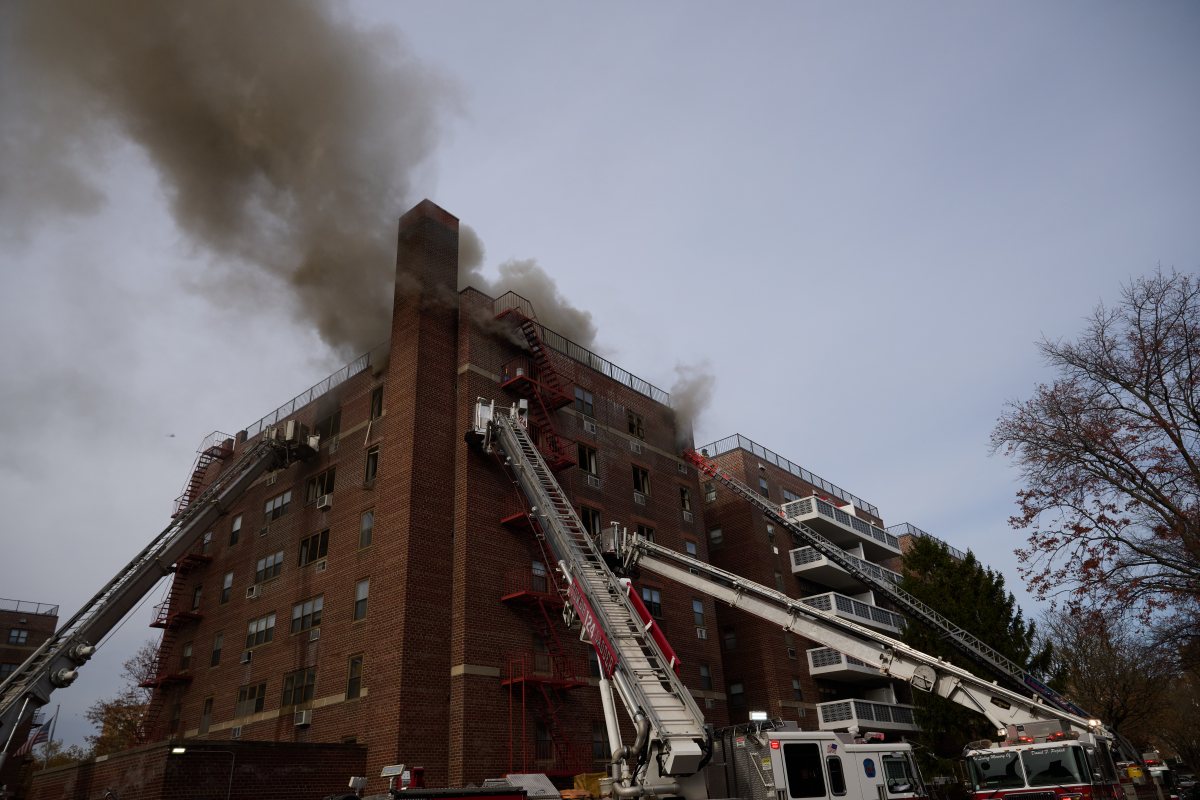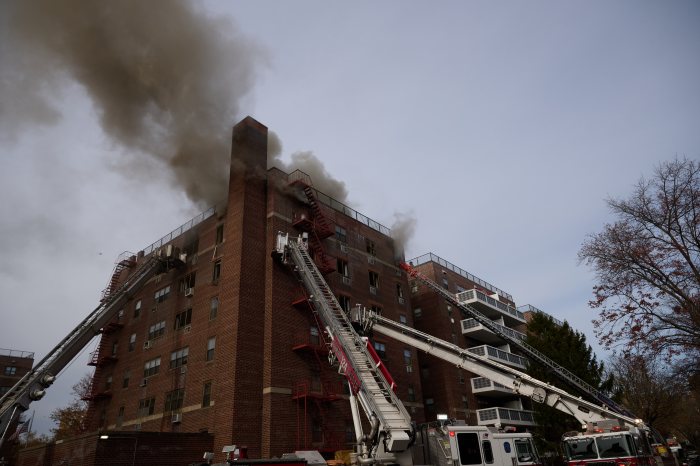
Day-to-day subway delays are emblematic of far larger institutional troubles that plague the MTA.
Take the costly quagmire known as the Second Avenue Subway. It’s the story of how not to do a major transportation project. In its saga are many lessons, and an opportunity to make significant changes in how our transportation agencies think about, plan, pay for and execute massive capital improvements. These are culture changes that could improve the day-to-day commute as well.
The effort to extend the subway up and down Second Avenue is important. But a report from the Regional Plan Association details a dark reality beneath shiny goals. First proposed in 1919, the project didn’t start until 2007. On the first phase, the MTA spent eight years and $4.5 billion, far more per mile of track than similar projects in Los Angeles and Paris. The second phase, extending the line to 125th Street, could cost $6 billion, and lacks a known end date.
Problems were many. The MTA lacked a strong partner in City Hall, didn’t use modern technological practices, and made expensive choices, even in custom granite used for station archways. Change orders ratcheted up costs.
The MTA has to overhaul how it handles big projects. That means providing more realistic time frames and budget estimates, making environmental reviews efficient, talking with communities early and often, and using design-build processes to develop and finish projects.
It also means a sweeping change to the silos within the MTA. For too long, the Long Island Rail Road, Metro-North and NYC Transit haven’t communicated, coordinated or shared resources well. Reorganize the authority so it operates in a streamlined, sensible manner. Enable people of similar skills and experience to work together easily. Develop a leadership structure that can prevent turf wars or communication breakdowns. MTA Capital Construction, which handles big projects, lacks authority or accountability. The Regional Plan Association’s suggestions on finding other ways to manage and finance such major efforts should be considered.
Find a way to run the trains — and the capital projects — on time and on budget.




































